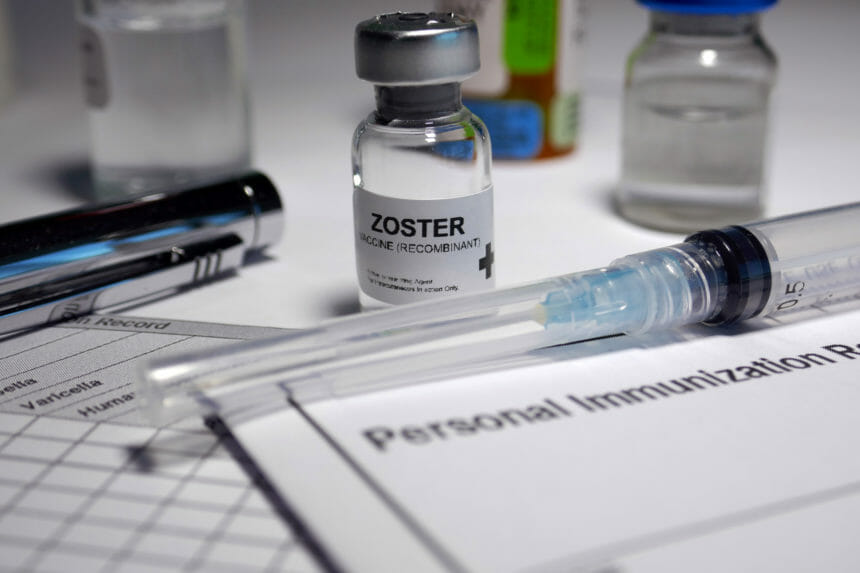
Elderly patients who receive high-quality primary care are more likely to get the shingles vaccine upon a doctor’s recommendation, according to a new Japanese study.
Herpes zoster, also known as shingles, is a skin disease caused by the reactivation of the varicella-zoster virus (VZV), the same virus that causes chickenpox. The disease is common in older adults and causes painful blistering of the skin, among other symptoms.
Researchers from the University of Tsukuba in Japan studied the association between patient experience, events experienced by patients during primary care that are indicators of patient centered quality, and VZV vaccine intake in older adults.
Researchers conducted a case control study of VSW vaccination in patients 65 and older at community hospital in Ibaraki, Japan between April 2018 and April 2021. They sent questionnaires to 457 subjects and received 228 responses, 116 in the vaccination group and 112 in the non-vaccinated group.
The results showed that patients who received better services during primary care, or had a better patient experience, were more likely to receive the VZV vaccine when their physicians recommended it.
Researchers said the study found physician recommendations strongly influence vaccination behavior for shingles, which is consistent with other studies which show healthcare providers are the most trusted source of information about vaccination.
“For the less well-known VZV vaccine, it is particularly likely that the information was first provided in a physician’s recommendation,” the authors wrote. “Thus, it is possible that physician recommendation was a stronger factor for VZV vaccination than for other, more widely recognized vaccines.
“The findings of this study, which showed that patients who rate the quality of their primary care highly are more likely to be vaccinated when their physicians recommend vaccines, are novel,” the authors added. “A good doctor-patient relationship was reported to be associated with the success or failure of behavior change.”
Findings of the study were published online in the Journal of Primary Care and Community Health.




